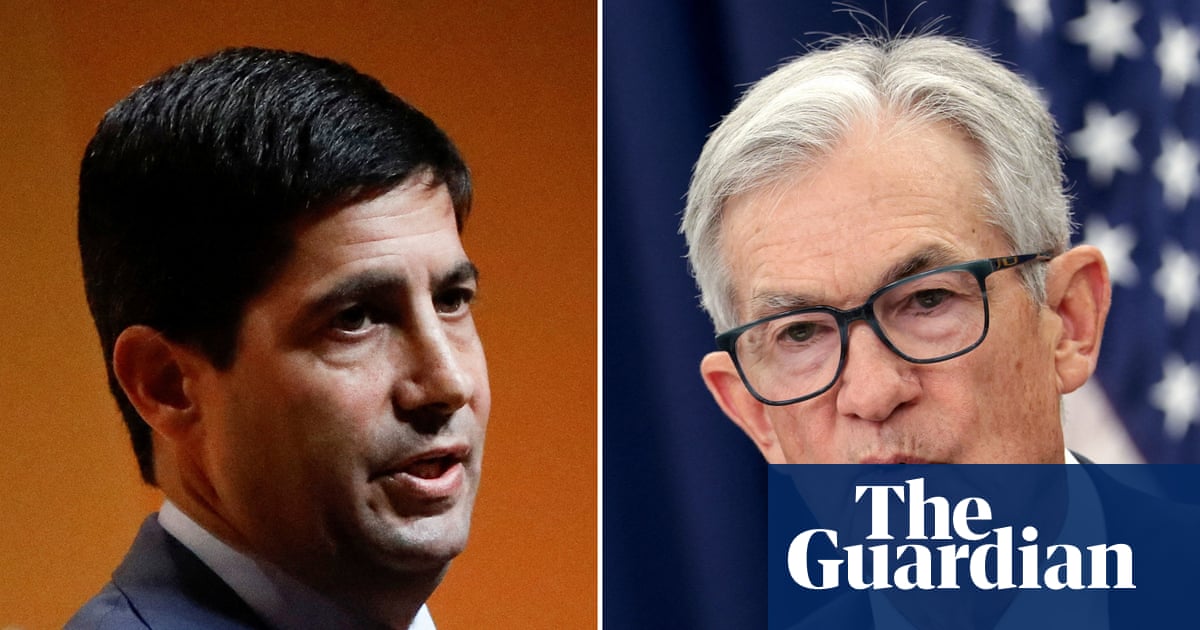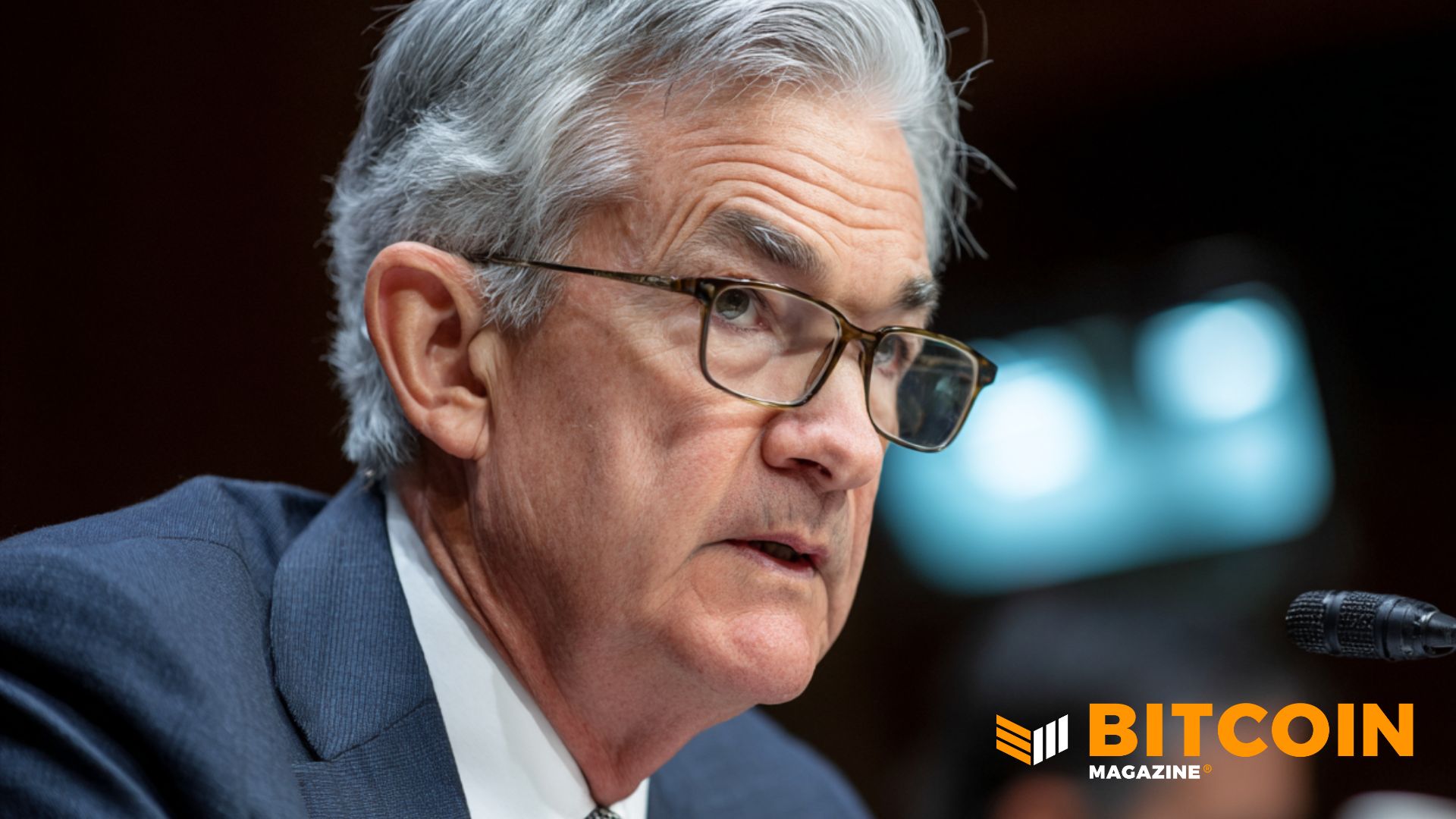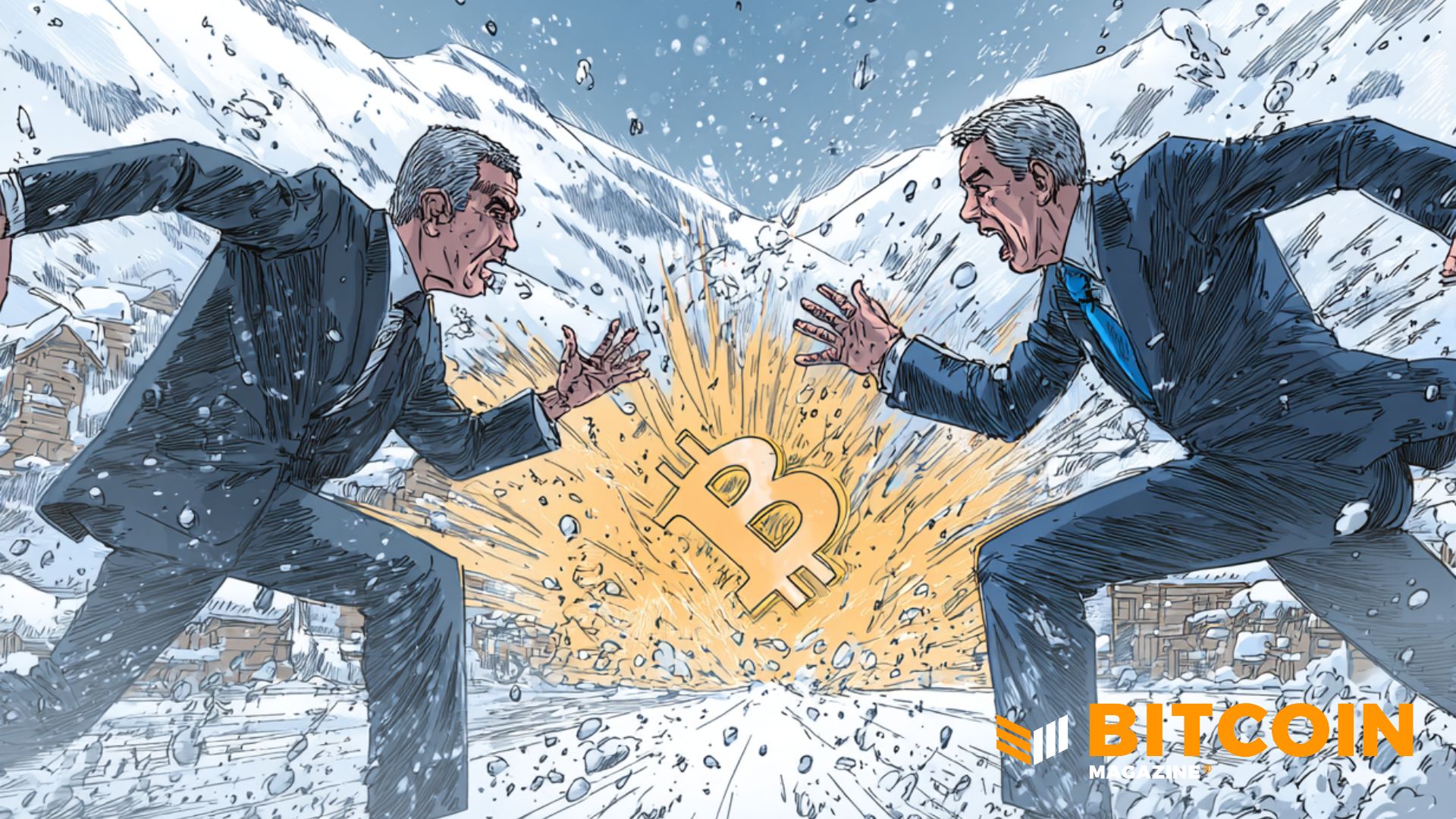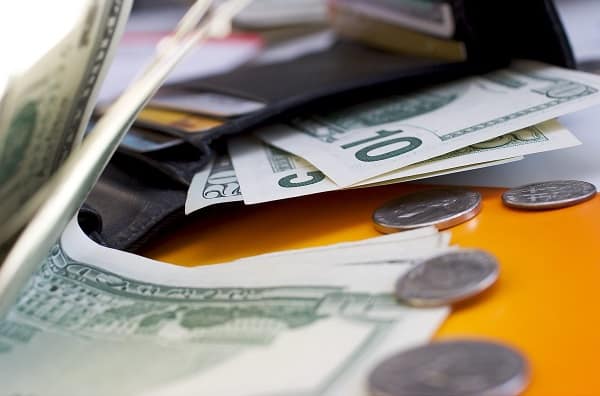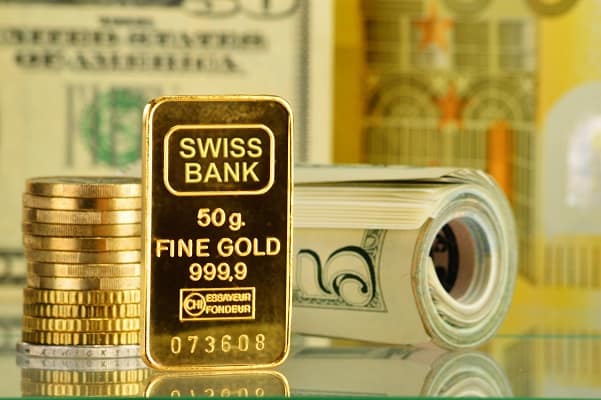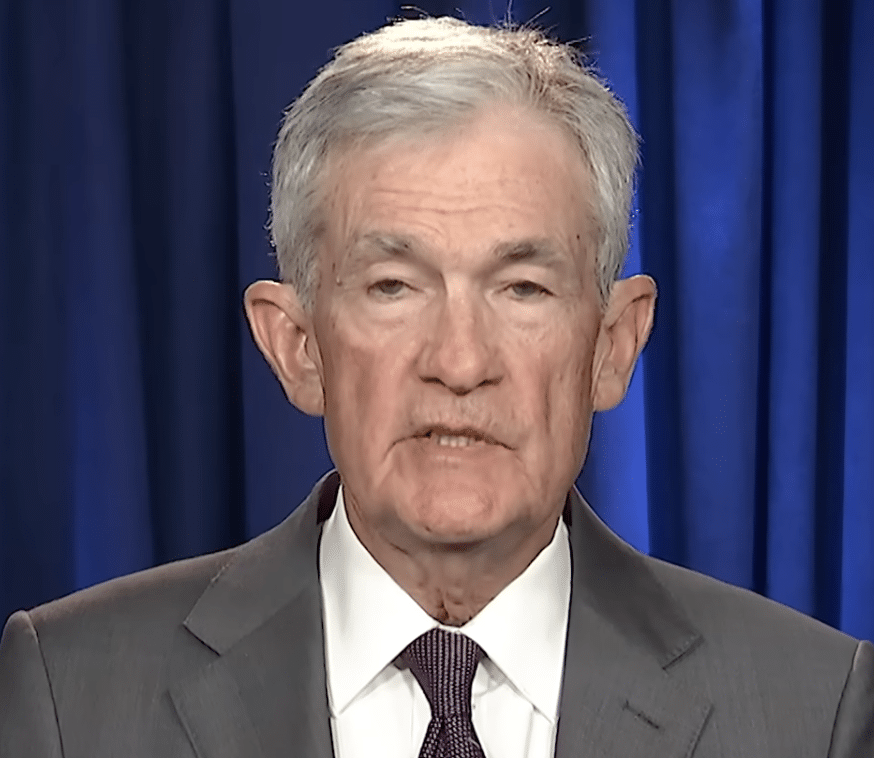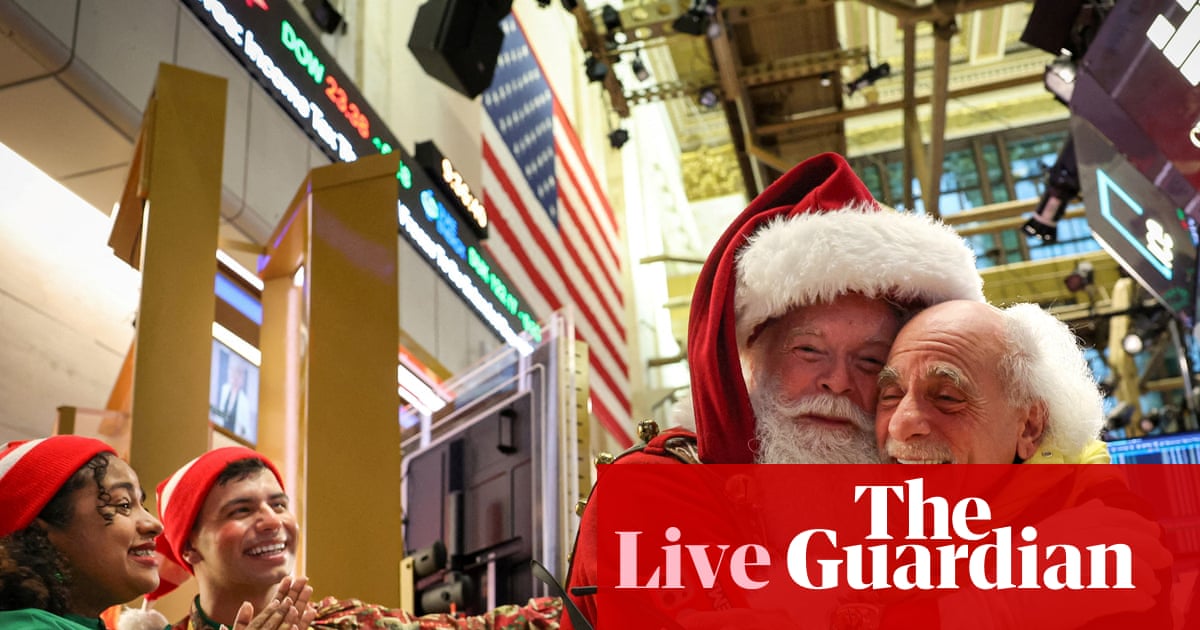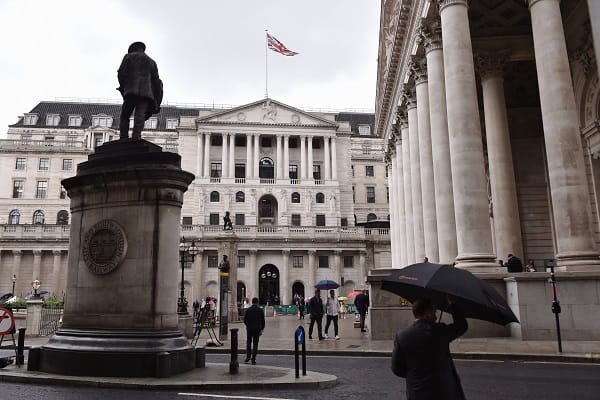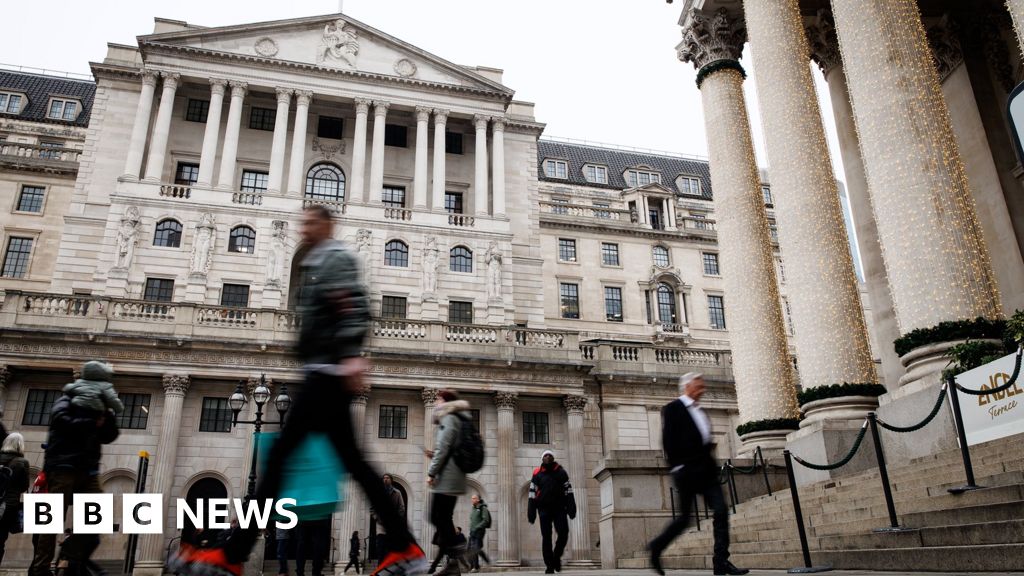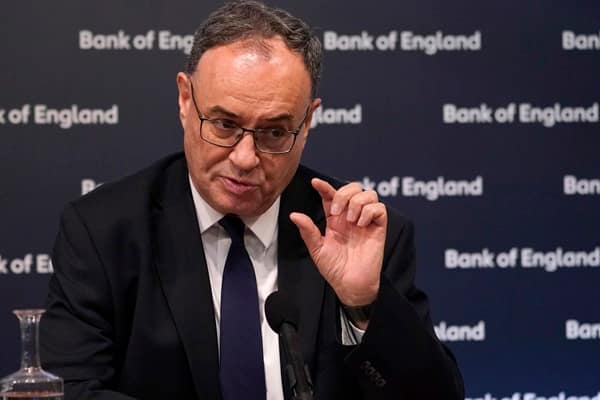#monetary-policy
#monetary-policy
[ follow ]
#federal-reserve #interest-rates #kevin-warsh #inflation #political-pressure #jerome-powell #fed-independence
World news
fromLondon Business News | Londonlovesbusiness.com
4 days agoWeekly investment commentary: Trump chickens out - London Business News | Londonlovesbusiness.com
Global equities dipped modestly while gold surged on geopolitical tensions; sterling strengthened as the dollar weakened, bitcoin fell, and bonds were mixed.
fromFortune
1 week agoRay Dalio warns that the monetary order is breaking down, leaving us with a terrible choice: 'Do you print money or let a debt crisis happen?' | Fortune
Ray Dalio never misses an opportunity to cut to the chase. On Wednesday at Davos, speaking to Kamal Ahmed, Fortune's Executive Editorial Director for the UK and Europe, he had a blunt assessment of the landscape leaders and CEOs are facing at the moment. "What always scares me is the lack of realism," among leaders, he said as he reeled off the historic economic, climate, and political threats the world is grappling with. "Will law prevail? Everyone is having to deal with that question."
Business
World news
fromFortune
1 week ago'Let's not be naive': Ray Dalio warns the global rule-based order is already 'gone,' toppled by America's debt crisis and raw power | Fortune
The post-World War II rule-based global order has collapsed due to decades of monetary decisions, repeated debt cycles, and central banks altering reserves.
US news
fromLondon Business News | Londonlovesbusiness.com
1 week agoDow Jones pulls back sharply as yields rise and tariff risks return - London Business News | Londonlovesbusiness.com
Dow Jones' sharp sell-off reflects systemic re-pricing driven by rising Treasury yields, higher-for-longer rate expectations, and an earnings-season market focus shift.
US politics
fromFortune
2 weeks ago'Absolutely, positively no chance, no way, no how, for any reason': Dimon says he'd never run the Fed but 'would take the call' to lead Treasury | Fortune
Jamie Dimon ruled out serving as Federal Reserve Chair and prefers remaining JPMorgan CEO, while remaining open to considering a Treasury secretary call.
US politics
fromBusiness Insider
2 weeks agoRead Jerome Powell's letter to senators following his testimony about renovations to the Fed building
The DOJ is investigating Jerome Powell's congressional testimony about Federal Reserve building renovations amid concerns of political pressure on monetary policy.
US news
fromLondon Business News | Londonlovesbusiness.com
2 weeks agoUS inflation undershoots at 2.6%, Trump can call off the dogs - London Business News | Londonlovesbusiness.com
US core inflation eased to 2.6% in December, below consensus; housing rose 0.4%, annual inflation steady at 2.7%, easing pressure on policy.
US politics
fromFortune
2 weeks agoWhy the DOJ's subpoena of Jerome Powell backfired so quickly, emboldening Republicans to stand up to Trump | Fortune
The Trump administration opened a criminal investigation into Fed Chair Jerome Powell, prompting bipartisan defense of Fed independence amid concerns over presidential overreach.
fromwww.theguardian.com
2 weeks agoGlobal central banks offer full solidarity' to US Fed's Powell amid Trump threats
They pay testament to Powell's integrity, and unwavering commitment to the public interest, calling him a respected colleague who is held in the highest regard by all who have worked with him. Trump has repeatedly criticised Powell, whom he appointed in 2018, for failing to cut interest rates fast enough. But the clash between the two men took a dramatic turn earlier this week when Powell issued a strongly worded video statement, saying he was being prosecuted by the US Department of Justice.
World news
Miscellaneous
fromLondon Business News | Londonlovesbusiness.com
3 weeks agoEurozone inflation falls back to 2% target in December as prices remain under control - London Business News | Londonlovesbusiness.com
Eurozone inflation fell to 2% in December, matching the ECB target, easing goods and energy pressures while services inflation and wage risks persist.
US news
fromLondon Business News | Londonlovesbusiness.com
1 month agoCore US inflation undershoots at 2.6% - Santa Rally is coming to town - London Business News | Londonlovesbusiness.com
Core US inflation excluding energy and food was 2.6% in November, signaling softer inflation that could enable looser monetary policy by 2026.
fromLondon Business News | Londonlovesbusiness.com
1 month agoNasdaq composite at a critical inflection point - London Business News | Londonlovesbusiness.com
After strong performance in 2025, the index is showing signs that future gains will depend less on liquidity and more on earnings quality and valuation resilience. "The market has shifted from being liquidity-driven to earnings-sensitive," said Saqib Iqbal, market analyst at Becoin.net. "With multiple rate cuts behind us and macro data softening, Nasdaq performance is now tied to profit growth and cash-flow resilience, rather than just cheap money."
Business
fromwww.independent.co.uk
1 month agoUK unemployment rate rises in latest ONS data - latest
It reflects what businesses tell us they are less confident about hiring staff due to sky-high employment costs and a tidal wave of new employment legislation coming down the track. While there has been some easing of cost pressures - with average earnings including bonuses slowing to 4.7 per cent in the three months to October - labour costs remain a challenge.
UK politics
[ Load more ]


